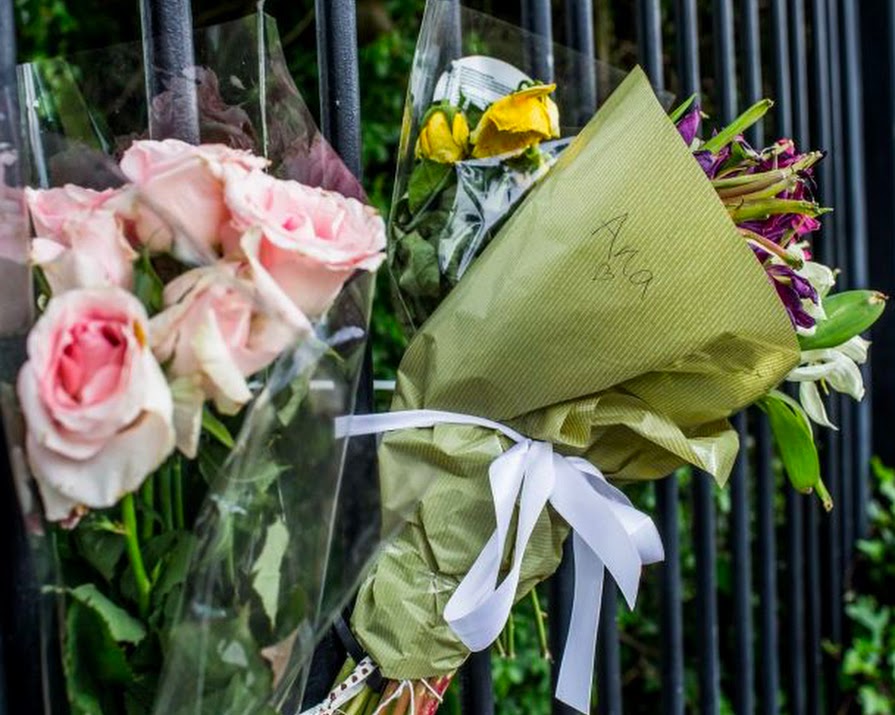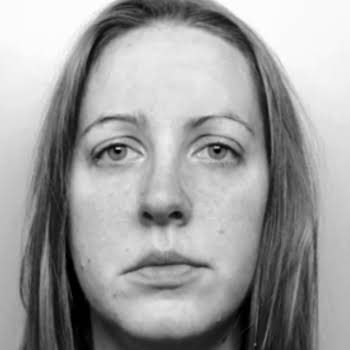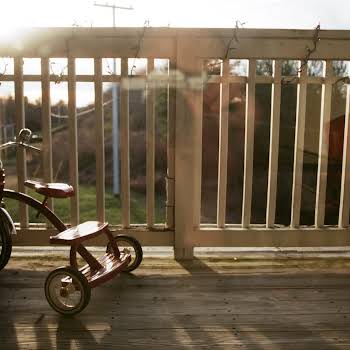
‘Ana Kriégel’s mother is right. How can there be any solace in this conviction for any of us?’
By Amanda Cassidy
30th Oct 2019
30th Oct 2019
Children killing children involves a complicated justice. But it is Ana Kriégel’s mother who points out that no matter the sentencing, there can be no solace in this conviction for anyone living in a society where this can happen.
“I hope that I have a good life. I hope everyone I meet will be nice.”
The simple words of 14-year-old Ana Kriégel’s hopes for life and the heartbreak that in her case, the exact opposite came true.
It is unbearable. It’s inhuman
The victim impact statements were always going to be powerful in a case like this. One family’s child snatched away; all her hopes and dreams destroyed in one horrific afternoon in a dirty house just minutes from her home.
“We lie awake at night thinking about the fear she felt when she realised she was going to be killed,” her mother told the court.
“We pace the house at night agonising about the torture she went through, the horrendous pain she suffered, the sadistic violation if her beautiful pure and innocent body.
“To think that she was left to rot in that squalid hell hole, for over three days. It is unbearable. It’s inhuman.”
Turmoil and loss
Two teenagers, known as Boy A and Boy B, were convicted of murdering Ana in a derelict farmhouse in Lucan on May 14, 2018.
Both boys have remained unidentifiable due to being 13 at the time of the crime. Boy A was also found guilty of aggravated sexual assault, a charge he has always denied. They are the youngest ever convicted murderers in our country’s history.
Their sentence hearing this week allowed families to read out their victim impact statements ahead of a sentencing on November 5th.
“Our lives have been turned upside down, we are all going through huge emotional turmoil and loss.”
Another family; unnamed, anonymous. A grandfather telling a courtroom that he is “totally heartbroken” that his much-loved grandson (Boy A) could have been involved in the killing of Ana Kriégel.
He expresses his condolences to her family, admits that nothing he could say could come close to emulating the devastating effect the death of their daughter had on their family.
But he has lost something too.
“There will be a major gap in all our lives without his constant presence,” he says. “Our lives have been turned upside down, we are all going through huge emotional turmoil and loss.”
Loss. The loss of innocence, the loss of freedom, the loss of a life, a future, the dog she never held, the sisters Ana never met, a university space left empty and parents who walk around at night unable to close their eyes without picturing the horror that their child experienced in her final minutes.
Anguish
And now, the measure of this crime. The binary details of what it means to take a life. How many years match the severity of removing a life from the world? The see-saw scales of justice that never seem to level out.
“Children are not supposed to kill other children. There is no solace in living in a society where this can happen.”
Ana’s mother is right. “How can there be any solace in this conviction for any of us?” The anguish in those words is clear.
“Ana’s death is irreversible,” she read out to the silent courtroom.
The sentencing of two teenage boys isn’t straightforward – murders of a child, children themselves.
The legislation is complicated because this isn’t supposed to happen. Children are not supposed to kill other children. And there is no solace in living in a society where this can happen.
Complicated justice
The Irish Times reports there are now two options open to the judge in this case when it comes to a punishment to fit the crime. “The first is a life sentence, the same sentence which is automatically imposed on adults who are convicted of murder. A previous court ruling established life is not mandatory for children convicted of murder but is a valid sentencing option.”
The other option is a lengthy sentence which would be reviewed after a set period of time. The boys could get sentenced to a certain number of years but order that the sentence be reviewed by a judge, at some intermediate point. This is unchartered territory.
Complicated justice.
And no solace. Not for any of us.
Read more: ‘We have lost our child and the children she dreamed of having’
Read more: The questions that remain unanswered






















